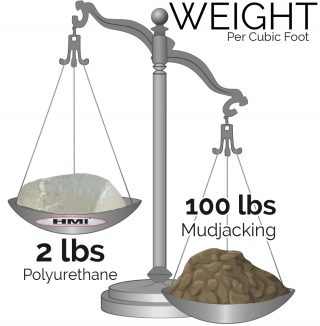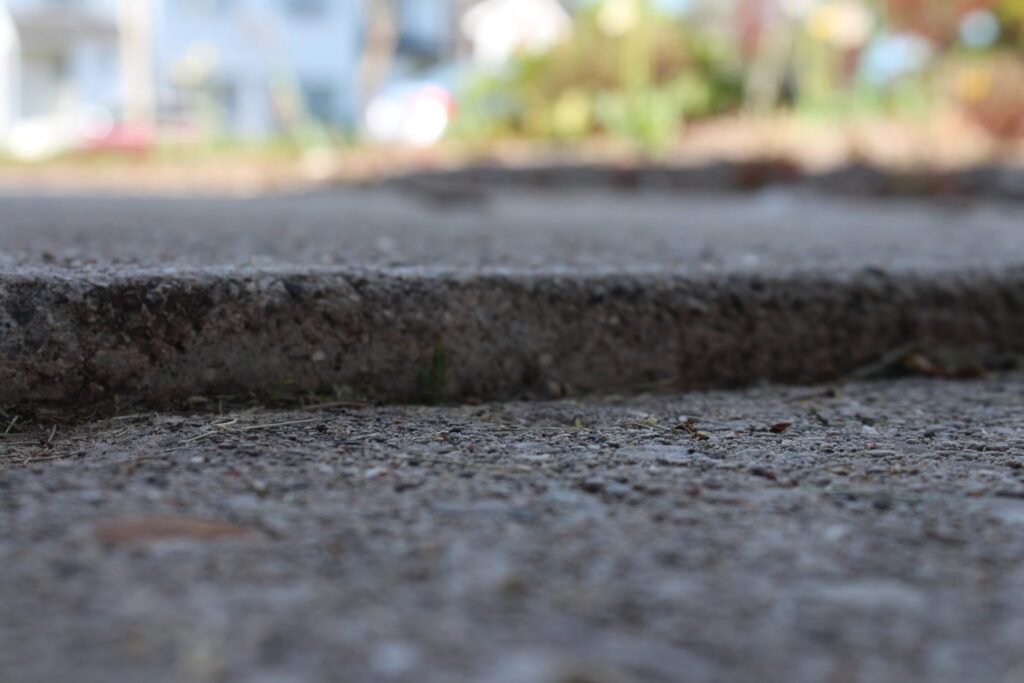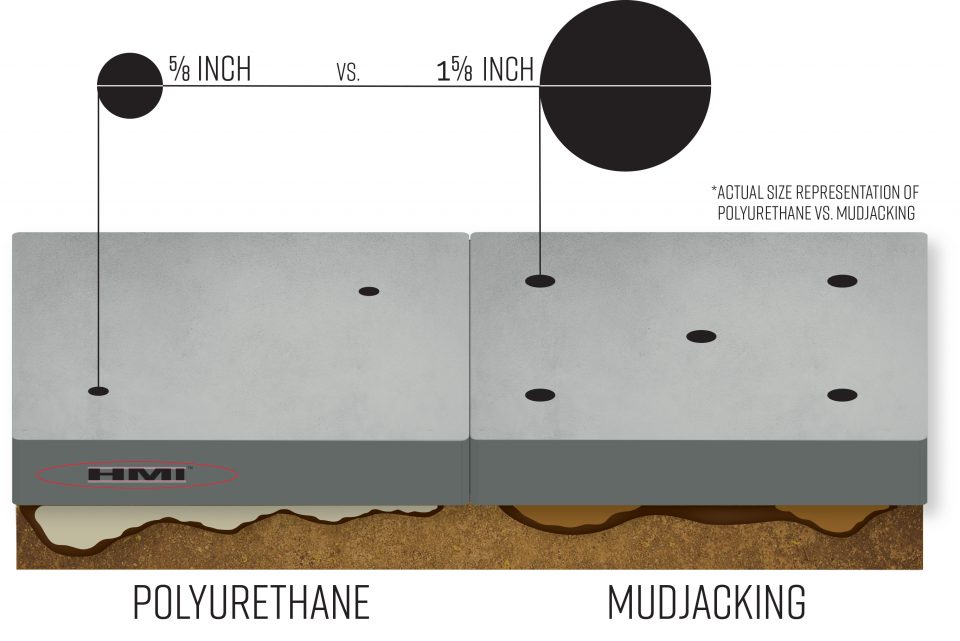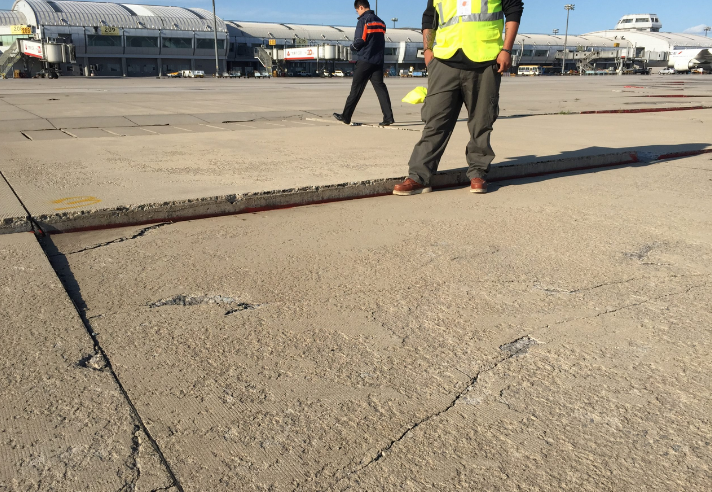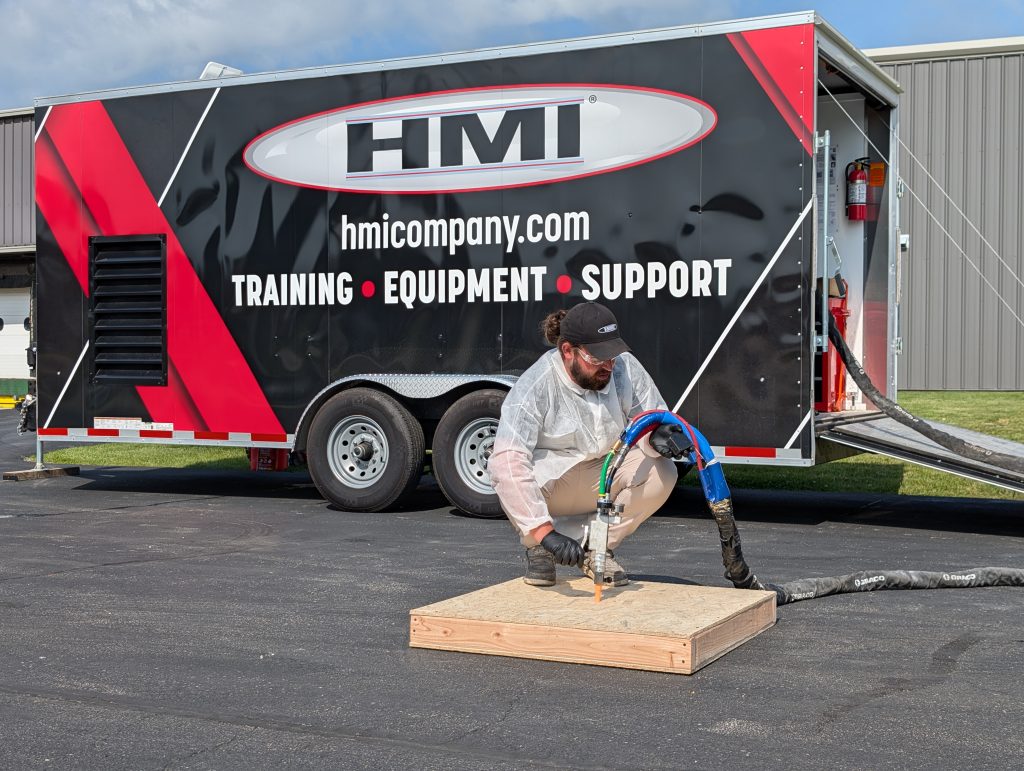Learn More About Our Equipment, Materials and Training Seminars
Click on a topic to learn more, or give us a call at 1-888-793-9484! If you’re interested in the innovative techniques and equipment that make polyurethane concrete raising a superior choice, we invite you to dive deeper into our equipment. From trailer systems to vans, we help contractors improve the efficiency and effectiveness of their concrete raising services. These systems allow for quicker setup and more precise lifting, ensuring that concrete surfaces are stabilized safely and reliably.

